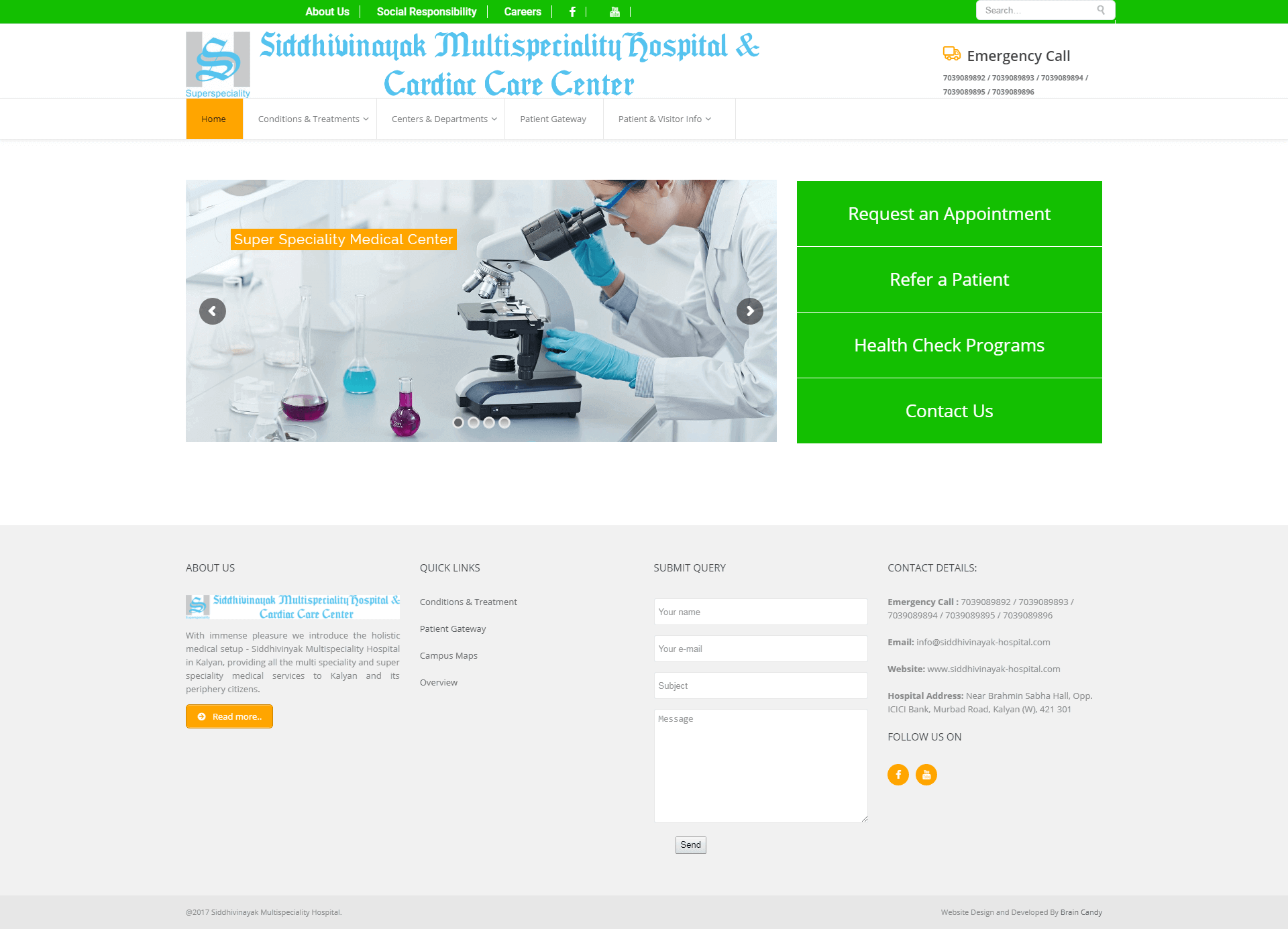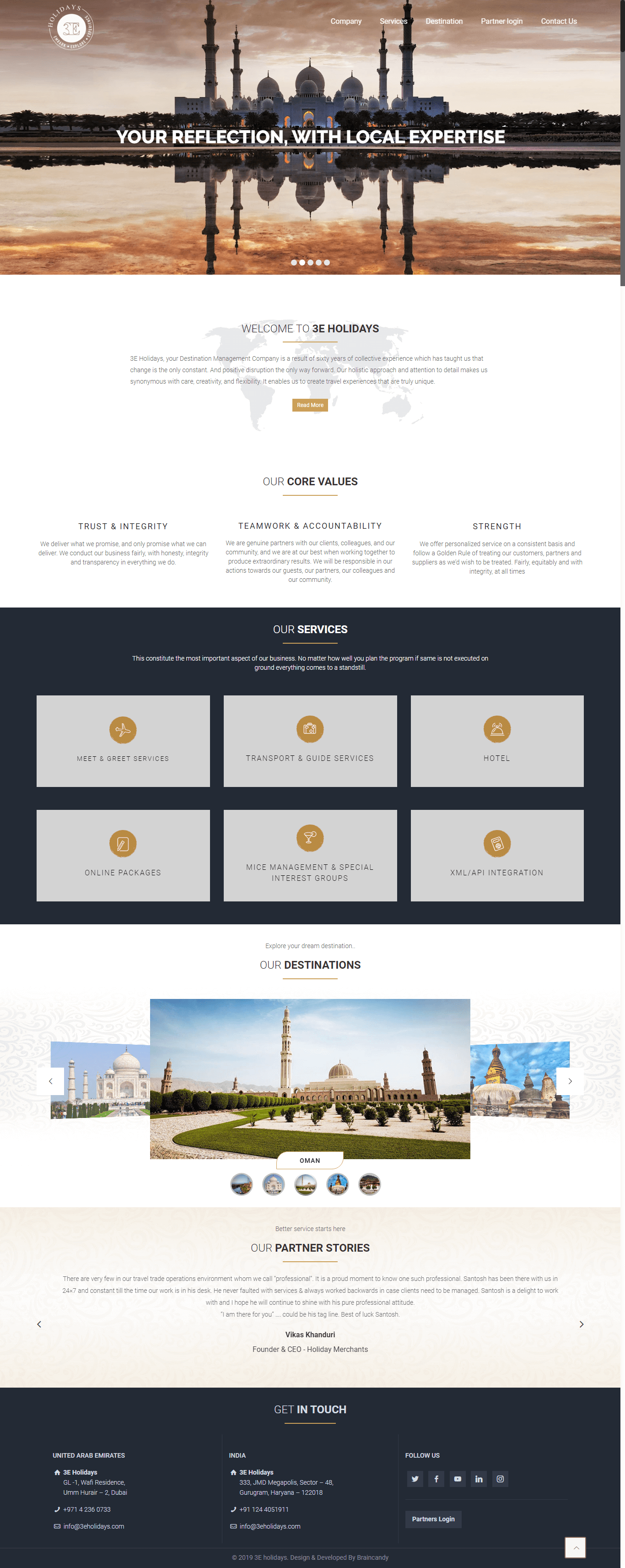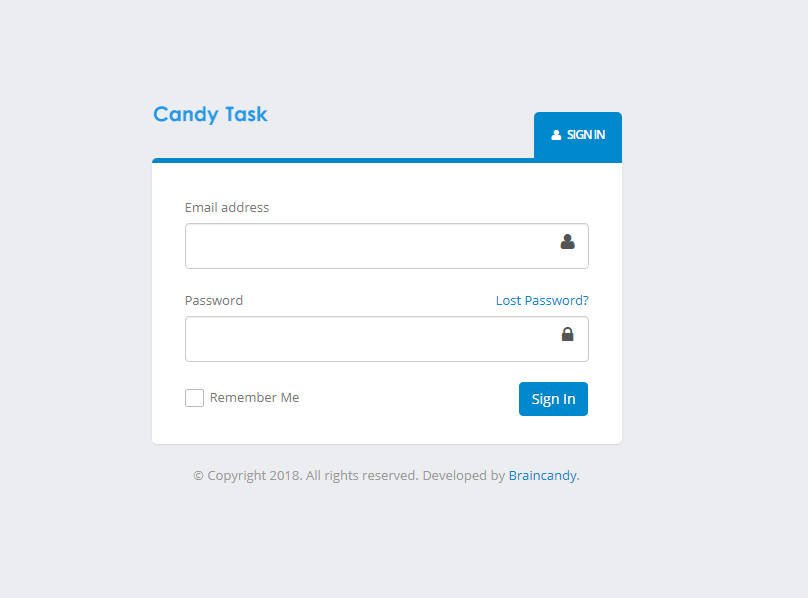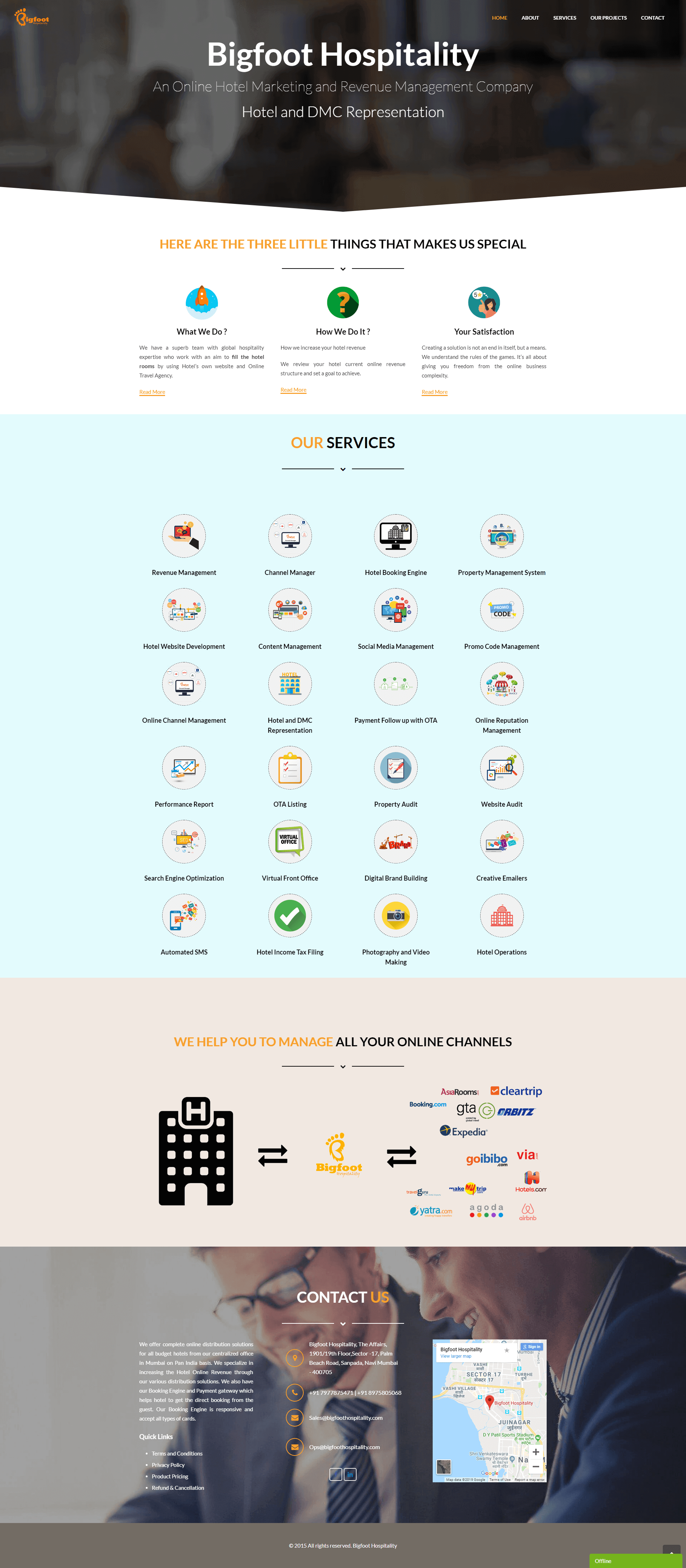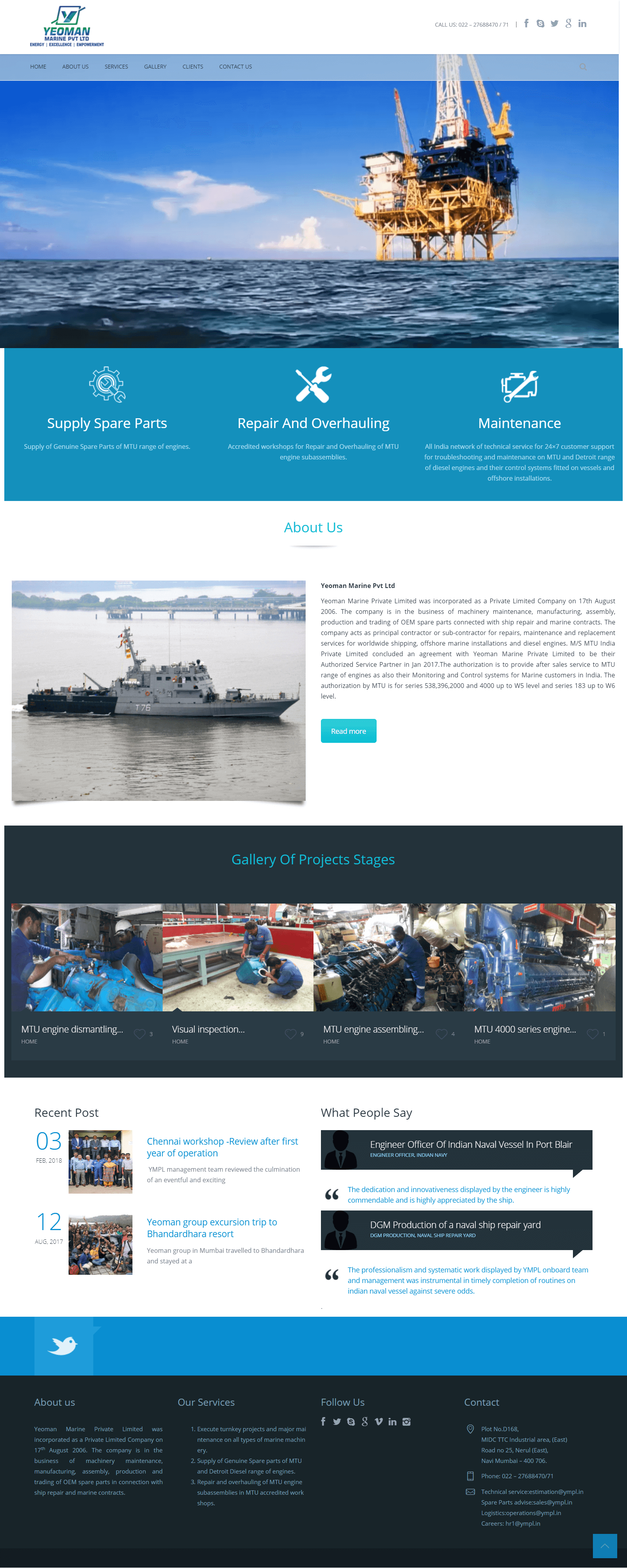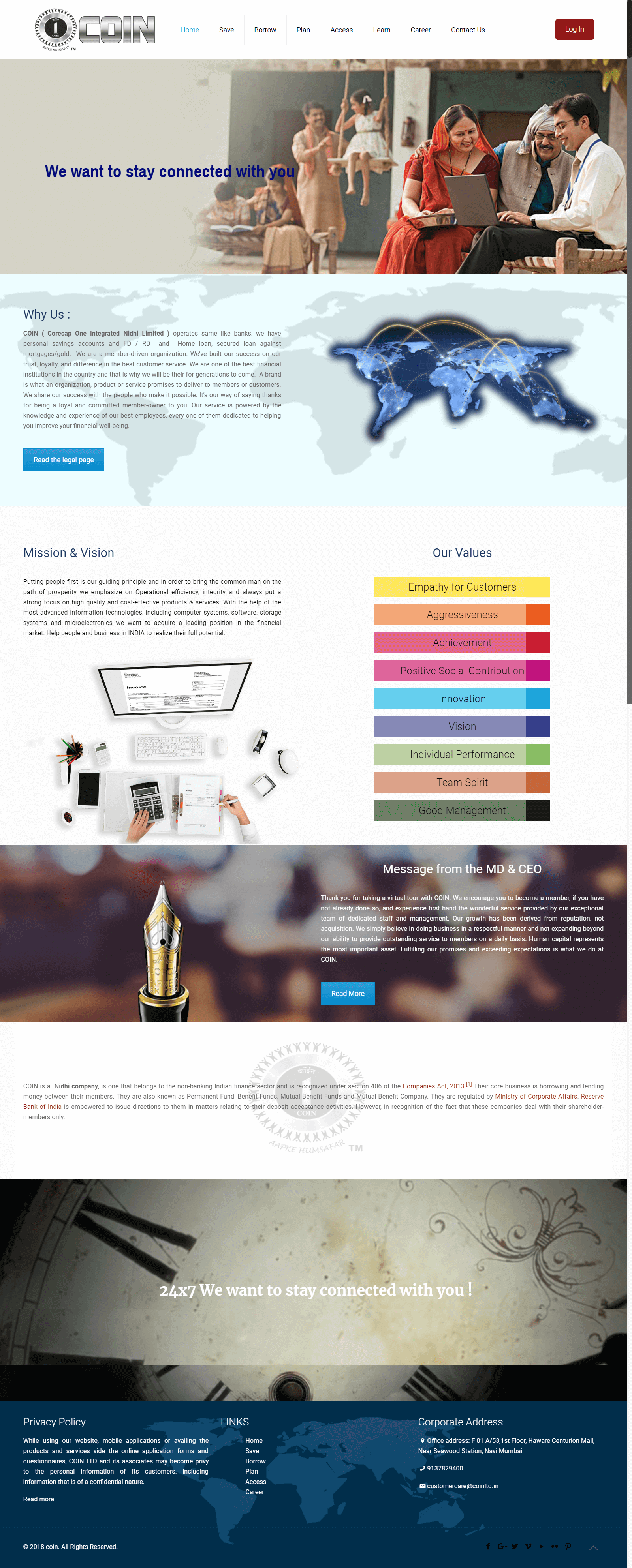- BY braincandy
- POSTED IN Search Engine Marketing
- WITH 0 COMMENTS
- PERMALINK
- STANDARD POST TYPE
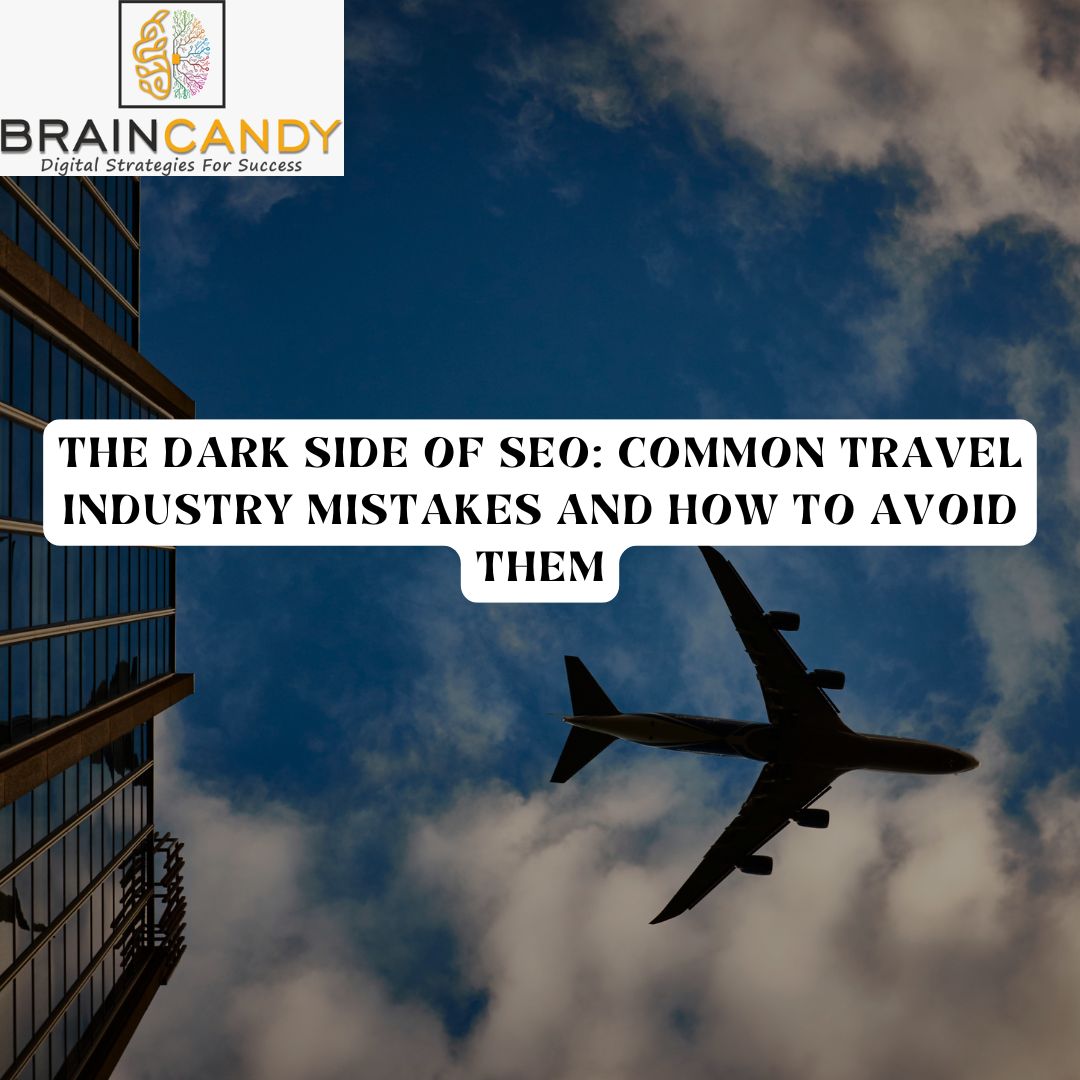
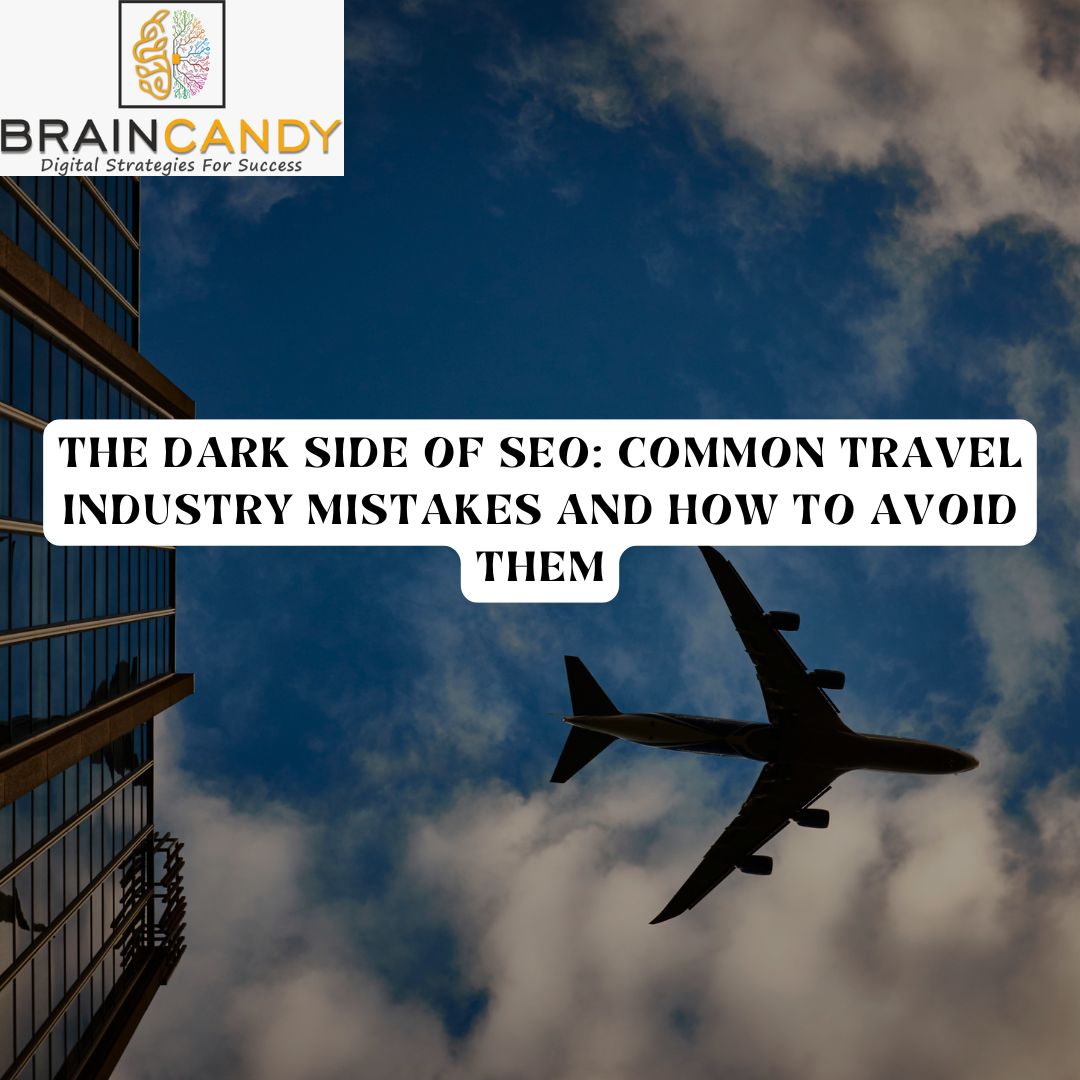 In the ever-evolving world of SEO, it’s easy for businesses—especially in the highly competitive travel industry—to make costly mistakes. While the right SEO strategy can drive more traffic to your website, the wrong approach can have serious repercussions, including penalties, poor rankings, and lost revenue. To help you navigate the complexities of SEO, we’ve compiled a list of common travel industry SEO mistakes and how to avoid them, ensuring your business thrives online.
In the ever-evolving world of SEO, it’s easy for businesses—especially in the highly competitive travel industry—to make costly mistakes. While the right SEO strategy can drive more traffic to your website, the wrong approach can have serious repercussions, including penalties, poor rankings, and lost revenue. To help you navigate the complexities of SEO, we’ve compiled a list of common travel industry SEO mistakes and how to avoid them, ensuring your business thrives online.
1. Overlooking Local SEO
For travel businesses, especially those based in specific cities like Mumbai, local SEO is crucial. Failing to optimize for local searches can make it difficult for potential customers to find your services when they need them most.
Mistake: Ignoring local SEO optimization or not claiming your Google My Business listing.
How to Avoid: Ensure your business is listed on Google My Business and other local directories. Optimize your website with geo-targeted keywords and include location-based content that resonates with local travelers. Use tools like Google Search Console to monitor local performance and tweak strategies accordingly.
2. Keyword Stuffing
While keyword optimization is essential for SEO, overloading your content with excessive keywords can hurt your website’s ranking. This tactic, known as keyword stuffing, not only provides a poor user experience but also risks Google penalizing your website.
Mistake: Stuffing content with keywords to rank higher.
How to Avoid: Focus on writing natural, high-quality content that provides real value to your readers. Use keywords strategically, placing them in titles, meta descriptions, and headers without compromising readability. Aim for user-friendly content that answers questions and provides useful insights.
3. Neglecting Mobile Optimization
With more travelers using smartphones and tablets to research and book trips, having a mobile-friendly website is essential. If your website isn’t responsive, it could deter potential customers and negatively affect your rankings.
Mistake: Failing to optimize your website for mobile users.
How to Avoid: Ensure your website is fully optimized for mobile devices. This includes responsive design, fast loading speeds, and mobile-friendly navigation. A seamless mobile experience can boost both your user engagement and SEO rankings.
4. Using Low-Quality Content
Travel businesses often rely heavily on content, from blog posts to destination guides. However, low-quality or thin content that doesn’t add value to the reader will not only drive visitors away but also harm your SEO performance.
Mistake: Publishing poor-quality or generic content.
How to Avoid: Focus on creating valuable, in-depth content that answers travelers’ questions and provides actionable advice. Invest in well-researched blogs, destination guides, and travel tips that resonate with your audience. Quality content increases engagement, time on site, and the likelihood of earning backlinks.
5. Ignoring Technical SEO
Technical SEO is the backbone of any successful SEO strategy. Neglecting this aspect can lead to slow website speeds, broken links, and poor crawlability, which can hurt your rankings.
Mistake: Failing to fix technical issues like slow page speeds or broken links.
How to Avoid: Regularly audit your website for technical issues. Use tools like Google PageSpeed Insights to improve page load times. Ensure your site is easily crawlable by search engine bots, with a clean URL structure and proper use of headers. Fix any broken links and optimize your images to reduce load time.
6. Not Tracking SEO Performance
SEO is not a one-time effort; it requires ongoing monitoring and tweaking to ensure continued success. Not tracking your performance can leave you unaware of your website’s strengths and weaknesses.
Mistake: Not measuring SEO efforts or neglecting to adjust strategies.
How to Avoid: Use tools like Google Analytics and Google Search Console to monitor key metrics, such as traffic, bounce rate, and keyword rankings. Regularly evaluate your performance, track conversions, and adjust your strategies to stay competitive in the travel industry.
7. Focusing Solely on Rankings
While ranking higher in search results is a major goal of SEO, focusing exclusively on rankings can lead you to neglect other essential aspects of SEO, such as user experience and content quality.
Mistake: Prioritizing rankings over overall user experience and engagement.
How to Avoid: Remember that SEO is not just about ranking higher—it’s about delivering a great user experience. Ensure that your website is easy to navigate, visually appealing, and provides valuable content. Engage with visitors through social media, email marketing, and personalized services to keep them coming back.
8. Ignoring Backlink Quality
Backlinks from authoritative websites are one of the most powerful ranking factors in SEO. However, not all backlinks are created equal. Low-quality or spammy backlinks can do more harm than good.
Mistake: Acquiring low-quality or irrelevant backlinks.
How to Avoid: Focus on building high-quality, relevant backlinks from reputable travel websites, blogs, and influencers. Avoid link farms and prioritize organic link-building strategies that align with your brand’s credibility.
Conclusion
The path to SEO success in the travel industry can be tricky, but avoiding these common mistakes can help you establish a solid online presence. By focusing on high-quality content, local SEO, mobile optimization, and technical SEO, your travel business can improve its search rankings, attract more customers, and ultimately boost bookings.
If you’re looking for expert guidance on how to avoid these pitfalls and achieve SEO success, consider partnering with BrainCandy, a leading provider of the best SEO services in Mumbai. With our tailored SEO strategies, we can help your travel business navigate the complexities of SEO and unlock its full digital potential.
Ready to start your SEO journey? Contact BrainCandy today to get your travel business on the path to online success!

